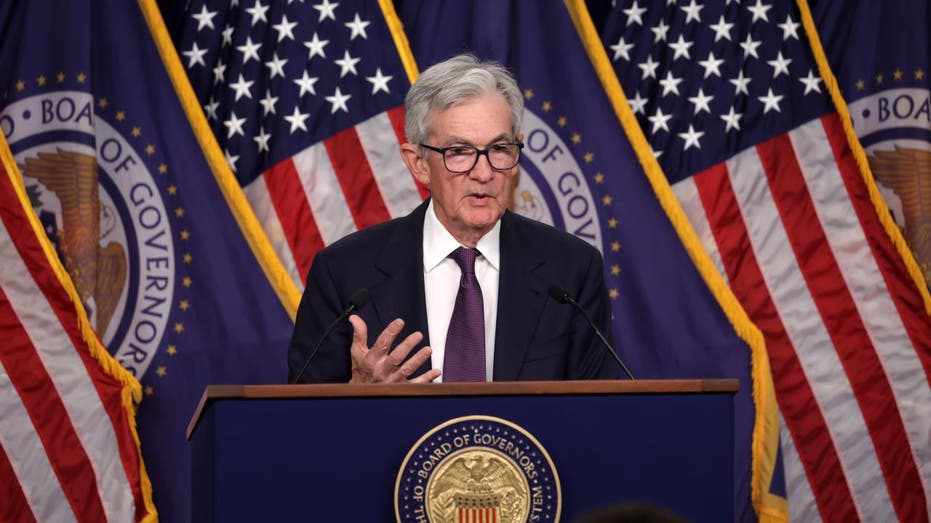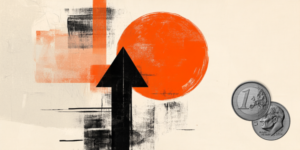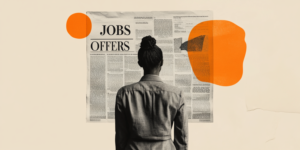Leading Wall Street firms are updating their forecasts to reflect a rising probability of the U.S. economy entering a recession this year, as fears of a widening trade war could hurt consumers and businesses alike.
President Donald Trump is planning to unveil his reciprocal tariff plans on Wednesday, April 2, which he has dubbed “Liberation Day,” while his 25% tariffs on imported automobiles are set to take effect on Thursday. Those tariffs are likely to prompt retaliation by U.S. trading partners, which will impact American exporters’ ability to access overseas markets, though Trump sees the tariffs as helping protect U.S. industry.
The impact of an escalating trade war could cause the U.S. economy, which was already seen as slowing amid persistent inflation and a cooling labor market, to slide into recession.
Moody’s chief economist Mark Zandi wrote Sunday in a post on X that he is “raising my odds that a recession will begin sometime this year to 40%, up from 15% at the start of the year.”
FEDERAL RESERVE LEAVES KEY INTEREST RATE UNCHANGED AMID UNCERTAINTY OVER ECONOMY, INFLATION
“Last week’s economic data were disconcerting, including the slide in consumer confidence, punk consumer spending, and persistently high inflation,” he explained. “The intensifying trade war and DOGE cuts are behind all this and with last week’s announcement of big tariff increases on vehicle imports and the coming reciprocal tariffs, things are sure to get worse.”
“Recession remains less likely than not only because layoffs remain low and job and income growth positive. This Friday’s jobs report for March will give us a sense of whether this continues,” Zandi wrote.
“It is premature to expect much fallout from the trade war and DOGE cuts in the jobs data, suggesting a monthly payroll job gain of close to 150,000. Anything south of 100k would be worrisome, and anything north of 200k would be welcome. But whatever the job number, as long as the tariffs and DOGE cuts continue to mount, so too will the odds of recession,” he added.
TRUMP SAYS HE ‘COULDN’T CARE LESS’ IF FOREIGN AUTOMAKERS RAISE PRICES OVER TARIFFS: ‘WE HAVE PLENTY’

A team of Goldman Sachs economists upped their recession forecast on Sunday in a client note, writing that, “We now see a 12-month recession probability of 35%.”
“The upgrade from our previous 20% estimate reflects our lower growth baseline, the sharp recent deterioration in household and business confidence, and statements from White House officials indicating greater willingness to tolerate near-term economic weakness in pursuit of their policies,” they explained.
“While sentiment has been a poor predictor of activity over the last few years, we are less dismissive of the recent decline because economic fundamentals are not as strong as in prior years,” the economists wrote. “Most importantly, real income growth has already slowed sharply and we expect it to average only 1.4% this year.”
MARKET SELL-OFF HASN’T BEEN DRIVEN BY RECESSION FEARS, JPMORGAN ANALYSIS FINDS

Earlier this month, J.P. Morgan economists raised their probability of recession to 40%, up from 30% at the start of the year. They reiterated that view in a note last week, saying “don’t underestimate the ability of a resilient U.S. and global economy to absorb shocks, while recognizing that a large policy/sentiment shock could derail even a healthy expansion.”
Federal Reserve Chair Jerome Powell said at his post-meeting press conference earlier this month that the likelihood of recession has increased since the start of the year, though it isn’t high and noted that historically, at any given time, there is a 1-in-4 probability of a recession in the next 12 months.
“The question is whether, in this current situation, those possibilities are elevated. I will say this, we don’t make such a forecast. If you look at outside forecasts, a number of forecasters have generally raised, a number of them have raised their possibility of a recession somewhat, but still at relatively moderate levels. They were extremely low. If you go back two months, people were saying that the likelihood of recession was extremely low,” he said two weeks ago. “So it has moved up, but it’s not high.”
Read the full article here















